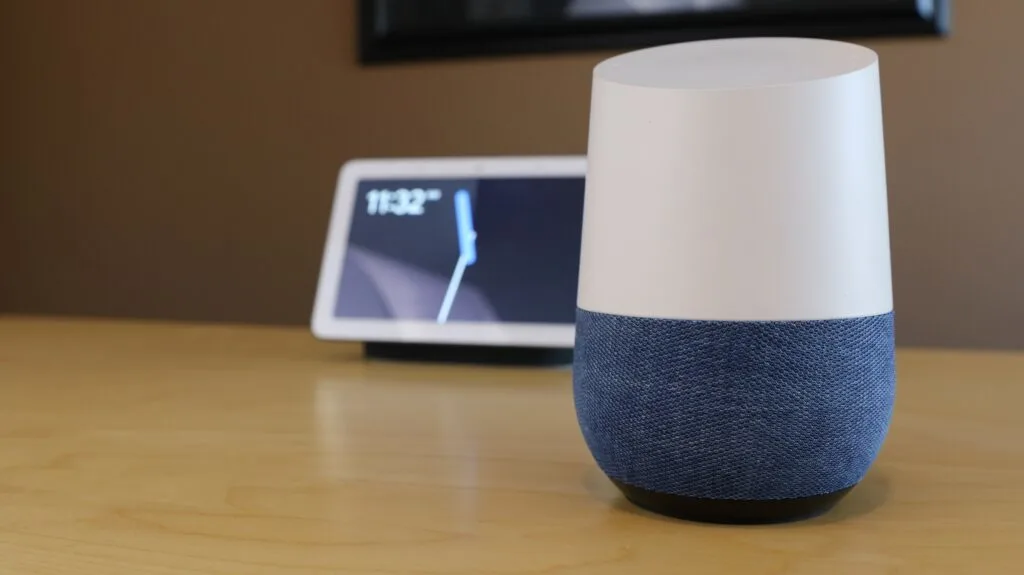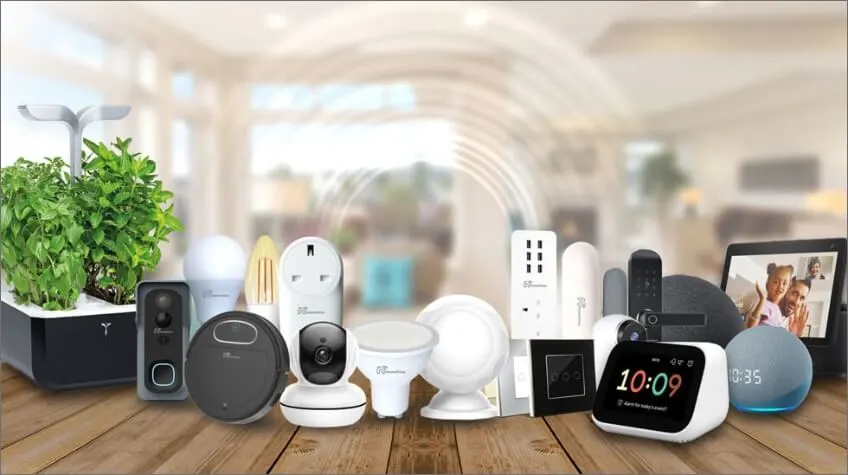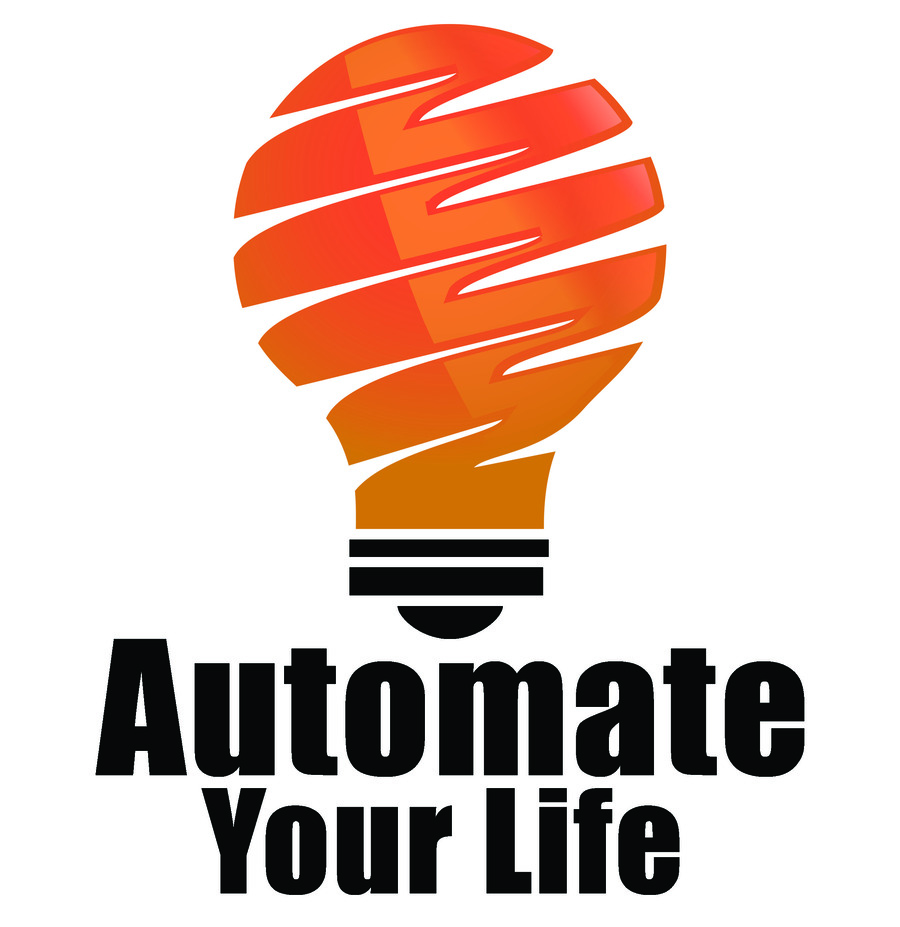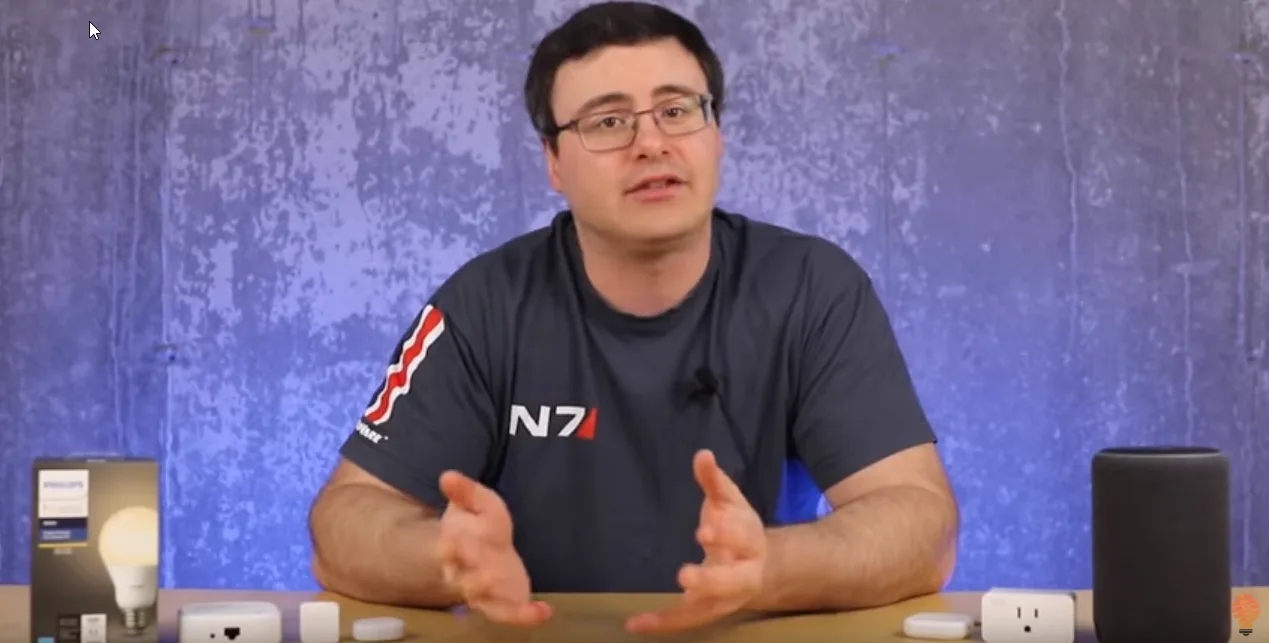Living with health challenges can be a daunting journey. It often requires adapting to new limitations and seeking innovative solutions. In this recent health update, I want to share with you all that I underwent testing that revealed spine-related issues, including spondylosis.
This condition has significantly altered my daily routines and activities. The journey to this diagnosis has been marked by pain, discomfort, and a growing awareness of the limitations imposed by my condition.
Despite these challenges, I have found solace in the support of loved ones and the hope offered by advancements in smart home technology. Through this journey, I have realized the profound importance of integrating smart home technology into our lives, especially for individuals facing health issues.
By continuing to use this website you agree to our Terms of Use. If you don't agree to our Terms, you are not allowed to continue using this website.
Personal Health Update
In my ongoing health journey, I’ve encountered new challenges and insights that further underscore the importance of smart home technology.
Recently, I underwent additional testing, including an MRI, to better understand the extent of my spine-related issues. The results revealed a need for continued caution and adherence to restrictions, reinforcing the significance of creating a safe and supportive home environment.
Despite these challenges, I remain optimistic about the potential of smart home technology to alleviate daily struggles and enhance my overall well-being. Integrating these technologies into my life has proven invaluable, from automating tasks to minimize physical strain to utilizing smart devices for remote communication with healthcare professionals.

Accessibility
Smart home technology like Amazon’s Alexa, Google Home, and Apple’s HomeKit has the potential to greatly improve accessibility for people with physical limitations.
Simple tasks like adjusting lighting, controlling temperature, or even moving objects around the house can become extremely difficult for such individuals.
However, these smart home hubs along with their supporting devices such as automated lighting systems and motorized furniture can make a huge difference in their lives.
These devices provide a lifeline, allowing individuals to maintain their independence and control over their environment. By embracing accessibility features, smart homes can create a more inclusive and supportive living space for people with diverse health needs.
Remote Monitoring and Care
Another invaluable aspect of smart home technology is its potential to facilitate remote monitoring and care. For individuals managing chronic conditions or recovering from medical procedures, continuous monitoring of vital signs and health metrics is crucial.
Smart home devices present an incredible opportunity to remotely monitor and care for individuals with chronic conditions or those in recovery.
Continuous monitoring of vital signs and other health metrics is critical in such situations. By using smart home devices equipped with sensors and wearable technology such as Fitbit, Apple Watch, and Samsung Galaxy Watch, data can be collected and transmitted seamlessly to healthcare providers, enabling remote monitoring and timely interventions.
These technologies offer a range of benefits, from tracking medication adherence to detecting early warning signs of health complications, ensuring peace of mind and better outcomes for those managing their health from home.

Enhancing Quality of Life
Beyond addressing practical challenges, smart home technology plays a pivotal role in enhancing the overall quality of life for individuals with health issues.
Through personalized automation and customization, smart homes can create environments tailored to specific needs and preferences.
Whether it’s adjusting lighting to alleviate migraines, optimizing room temperature for comfort, or automating daily routines to conserve energy, these intuitive solutions promote well-being and alleviate stress.
Moreover, smart home ecosystems can foster connections with caregivers and support networks, fostering a sense of security and community for individuals facing health challenges.
Conclusion
- As I continue to navigate my own health journey, I am increasingly convinced of the transformative power of smart home technology.
- These innovations hold tremendous potential for individuals facing health challenges by promoting accessibility, independence, remote monitoring, and enhancing the quality of life.
- By embracing smart home technology, we can empower individuals to live more comfortably, confidently, and autonomously within their own homes.
- We should strive towards creating inclusive and supportive living environments where smart home technology can have a profound impact on improving health outcomes and enriching lives.

